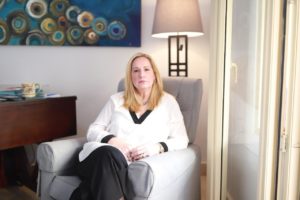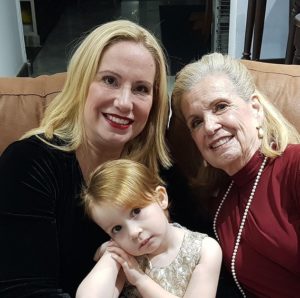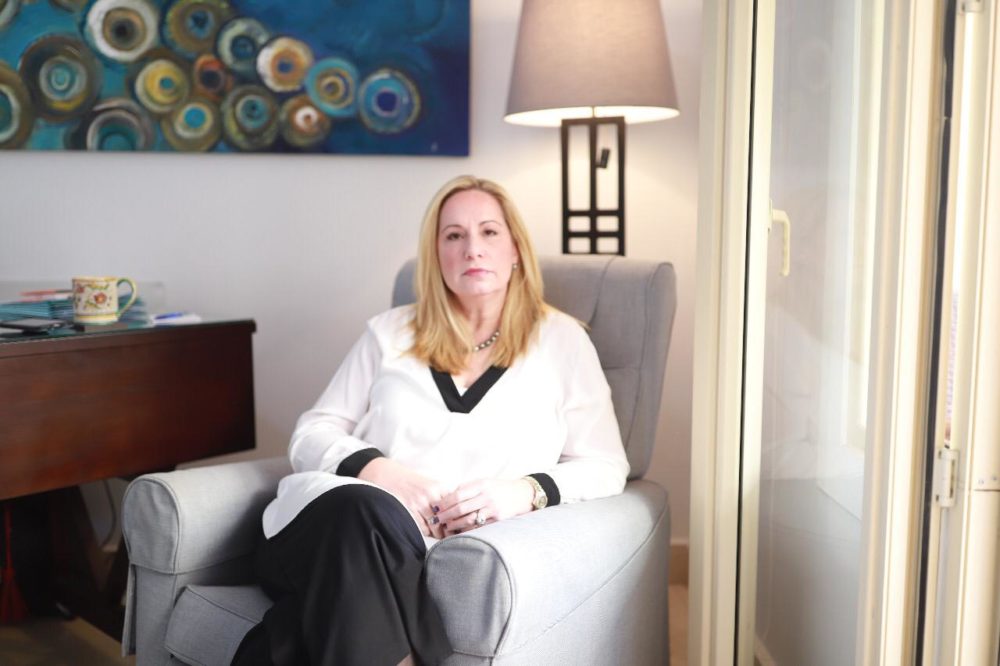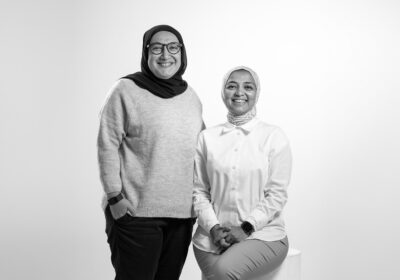Picture an American Clinical Psychologist based in Cairo. You are likely to envision them in a fancy office taking notes as they listen to and converse with their patients. You are also highly likely to imagine that most of these patients are expats residing in Egypt.
This image, however, doesn’t hold true when it comes to Dr. Anne Justus, an American Clinical Psychologist who is currently the Director of the Maadi Psychology Center – New Cairo branch.
“I’m American but I’ve lived in London and I’ve lived in Paris. After I finished my PhD in New York, I applied to jobs all over the world and decided to accept a position at the American University in Cairo (AUC),” she explained. And so, back in 2007, she started her work journey in Egypt and held the position of Associate Professor of Practice at the AUC’s Department of Psychology. “I thought I’d live here for only a couple of years but I just fell in love with Egypt way more than I expected,” she said joyfully.
“When I started out, I myself thought most of my clients would be mostly expats but – to my surprise – 70 to 75 percent of them are Egyptians.”
“They probably think: she’s not Egyptian, she does not know my mom,” she joked. “And I follow the American standards of confidentiality. They’re hyper strict and help people feel more at ease,” she added.
I sat down with Dr. Justus to dig into the challenges she faces as a Clinical Psychologist in Egypt and to reflect on what we could learn from them.

Via Dr. Anne Justus
Clinical Psychologists can effect change in so many ways
“My mom was a psychologist who mostly worked in adoption services. She was my introduction to what psychology is and what it can do,” she said pointing towards what sparked her interest in the field. After getting into the actual science of psychology in university, her interest grew bigger and deeper. And the spectrum of her clinical interests stretched broadly.

Via 925
For instance, she worked with AMERA (African & Middle East Refugee Assistance), an NGO that provides legal assistance and psychosocial counselling to refugees. “I provided counselling for refugees who suffered from severe mental health issues and supervised the therapists working there. They call it supervision but it’s basically therapy for therapists,” recalled Justus when I inquired about her most challenging work. What is even more challenging is her work with people who face problems in expressing their sexuality. “Sometimes, a lot of the work is figuring out how to live in Egypt. I respect Egypt’s laws and traditions. But at the end of the day, I am a therapist whose purpose is to help people figure out what they want and how to live their best lives.”
By virtue of her work, Justus is also aware of the toxic power dynamics that commonly exist in the Egyptian workplace.
“For example, the number of people who come to me who have been sexually harassed at work – even those who are quite high up in the corporate hierarchy – is astounding! Those who explicitly confess it to me as their therapist are usually women, but some of them are also men.”
On her part, she meets whomever seeks her help regarding these sensitive matters without judgement or prejudice and – in addition – offers consulting services to companies with the goal of helping individuals strike a better work-life balance, de-stress, and avoid burnout. She even contributed to 925 her tips on dealing with mommy guilt for working moms with the goal of “reaching out and helping as many people as she could.”
On top of that, she does a lot of couples’ therapy. It appeals to her because it is challenging to sit with two people at the same time. “And I always love hearing about the contrast between how they interacted in the car before and after our session.”

Via Dr. Annes Justus
Psychotherapy is an investment (and a very expensive one in Egypt)
The difficult issue of pricing cannot be ignored whenever the subject of therapy is at hand. The massive inflation the country’s economy is undergoing is definitely a factor, but the scarcity of qualified and well-trained psychotherapists is not helping.
”The AUC has a relatively new Master’s degree that will help graduate more psychotherapists,” said Justus. “To adapt, however, some therapists do a sliding scale. Their fees vary depending on their patients’ income. What I do is that I see a percentage of my patients completely for free,” she continued.
Justus admits that these patients’ appointments might not have the most convenient timings in the midst of her busy schedule but it is what she has to offer so “no one is left out in the cold.”
Finally, Justus asserted that we need to pay more attention to our mental health. “How often do we take ourselves or our children for a mental health checkup?” she concluded.



























